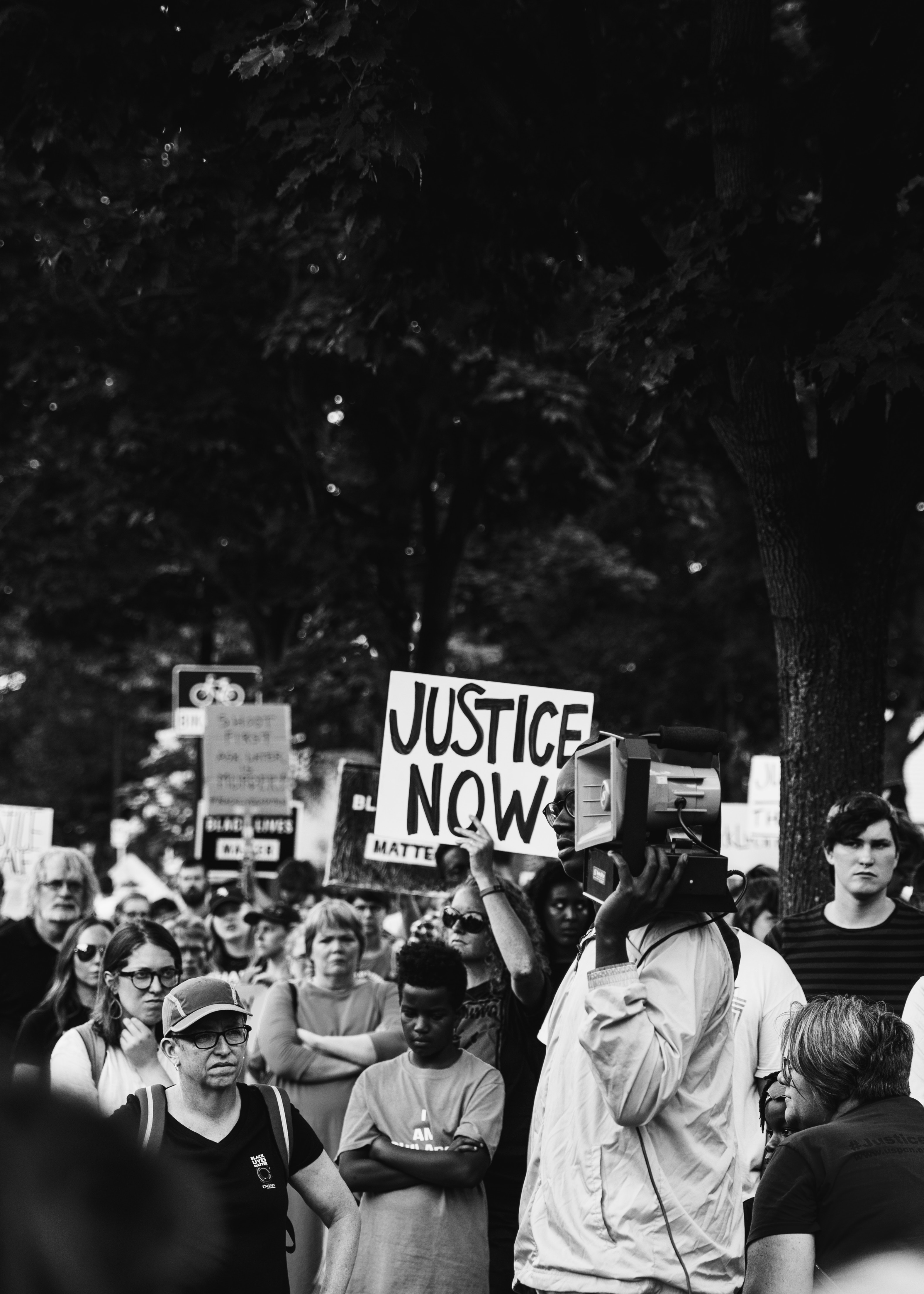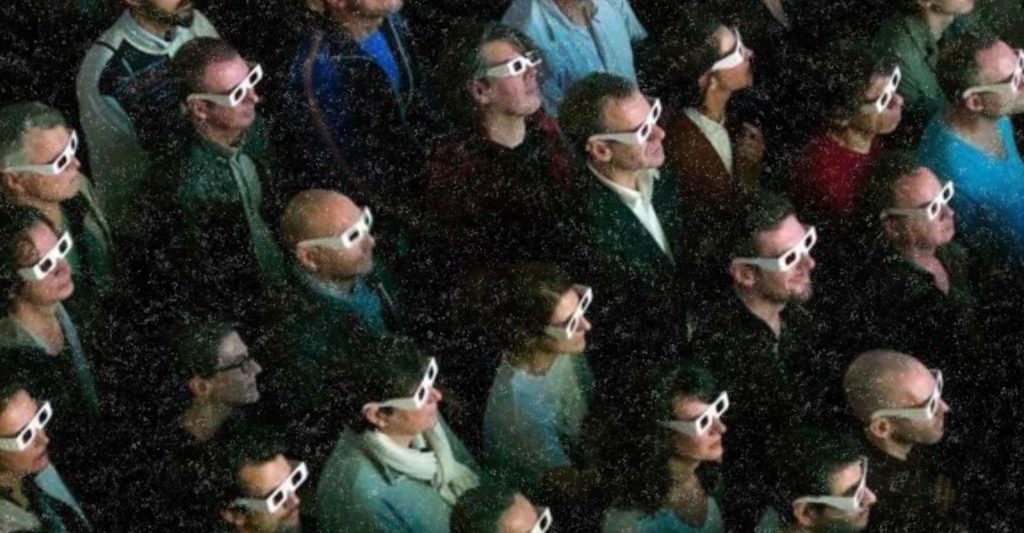
POLITICALLY CORRECTNESS VS. THE CULTURE
Welcome, 2018 where “cancel culture” is at an all-time high. Watch your mouth or it will cost you your lifestyle, freedom of speech isn’t so free these days. Say what you want, just be ready to pay the price. “Cancel culture” is when someone who has a high status and/or platform makes comments (that are racist/degrading/insensitive to someone or even a group of people on their platform or using their status to vocalize it) that are received negatively by the masses; who in turn join forces to uncover the occupation, address and even as far as social security number of the culprit and proceed to cancel them via social media. Many people have gotten fired for comments made on social platforms regardless of context. All in the name of freedom of speech. Which brings me to the fine line between political correctness and hypersensitivity.
Political correctness is defined as the following: the avoidance, often considered as taken to extremes, of forms of expression or action that are perceived to exclude, marginalize, or insult groups of people who are socially disadvantaged or discriminated against.
Which is extremely important to know how to be politically correct on platforms such as politics, government, philanthropy, sports, and entertainment especially. Anything regarding people as a whole, as a spokesperson you definitely have a responsibility to be inclusive and unified especially when addressing the masses.
Now as artists, the politically correct angle doesn’t always fit the artist. Which is fine, to each their own. Understanding your audience and your craft align spares most artists from having to be politically correct. If anything most fans want to know where their favorite artist stands in matters regarding the world and people in it. However, being mindful of the power you hold as a figurehead, artist, activist, etc. To not belittle or dismiss concerns of those who follow and support your creations, contributions, and endeavors.
In 2018, hypersensitivity is pretty high, almost everything is offensive, people are so extra alert many are just waiting for something to be offended by. While we can’t define or determine what’s offensive to anyone, we can argue that many are just attention seekers and will nitpick offense from any statement. This is problematic when it starts to overshadow those who are seriously offended and would like to create understanding as to what triggered the offense and create healthy solutions.
Hypersensitivity is defined when people experience extreme physical sensitivity to particular substances or conditions.
Think of the Chappelle show, when it was released it was received so well, a comedic skit show that tackled all races, sexes, and just real life experiences will not fly today. Chappelle would’ve been canceled the first episode is released in 2018.. the the the same thing with shows like the Office, South Park and Family Guy (cartoons get away with so much, another topic). All intended for comedic relief, no harm or malicious intent behind it, just relatable (too many) contents poking fun at what most find so serious. While they all received some form of backlash and complaints, it wasn’t excessive to the point of termination. Check Roseanne Barr for emphasis on cancel culture in comedy.
I believe what has skyrocketed the sensitivity levels are definitely the tension this society has created, the distress of the real world, most of us feel hopeless in regards to what changes we can make. We all have a voice though, and in using that voice we can make a change. It’s been proven. Now we are just as responsible as the people we expect and DEMAND be politically correct. We have to ask ourselves, honestly, am I really offended? Or am I already on edge and need to release my frustration and this piece I’m not fond of? It’s okay to agree to disagree. We have to draw clear lines of what’s absolutely offensive and what is personal opinion. If there’s no discrimination/belittling or excluding specific groups of people, cultures, and lifestyles, it’s an opinion and should hold the weight of an opinion, featherweight. If the opinion doesn’t sit well with you fine, it’s when it’s preventing or ruining opportunities for others when we should step in.
We shouldn’t aim to control speech, however, we should do more to consider who we put in what position to speak. “Our current president” is horrible out the mouth for his position especially, yet he remains in office. Comparing how he speaks and how Obama spoke whole in office is yin and yang. Granted our country has been in shambles, Obama gave us hope, reassurance, and confidence to push through. Trump stresses us out, makes us feel as if though this world is going to shit and we might as well give up. The difference means everything coming from our president. The person who is “in charge” of our country’s safety. The one person who should be obligated to be politically correct, in this presidency is the ultimate hypersensitivity trigger.
Understanding our voice, respecting it as well as we should respect others we can learn to differentiate between what’s truly offensive and what’s a scapegoat for repressed feelings. Some offensive things can be turned off (movie, shows, music, social media) and soon as it’s out of your vision, problem solved. When what offends you affects your job, family, and peace of mind, then by all means regulate. Just be very clear, for yourself and all those who may be affected by speaking out.
http://credit-n.ru/zaymyi-next.html
http://credit-n.ru/zaymyi-next.html
http://credit-n.ru/zaymyi-next.html
http://credit-n.ru/zaymyi-next.html





